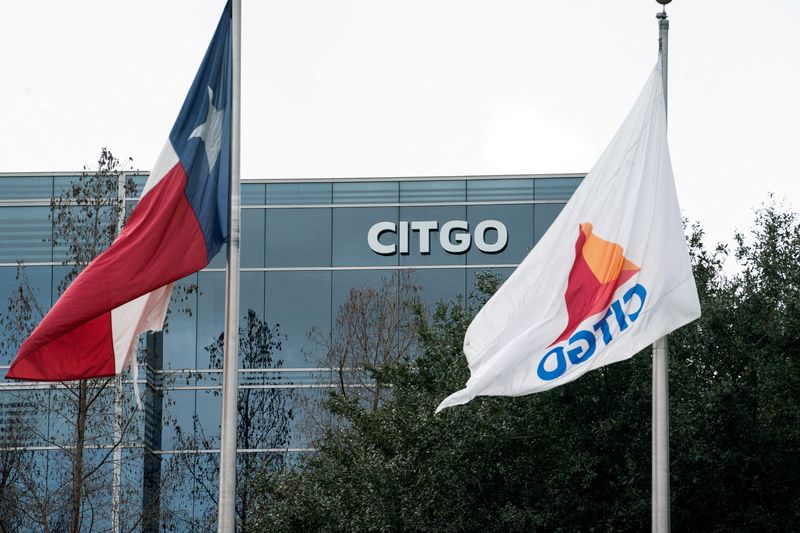Reuters
4 min read
NEW YORK (Reuters) -Federal Reserve Chairman Jerome Powell said Wednesday any move to strip the central bank of its power to pay interest on reserves would be difficult and take a long time to implement.
"If you were to want to go back to scarce reserves, it would be a long and bumpy and volatile road," Powell told a Senate committee during testimony. "I wouldn't recommend that we undertake that road" and if it were done it "would not save any money."
Powell, speaking before a Senate panel, was discussing a power the central bank implemented in 2008 that allows it to pay deposit-taking banks interest for cash they park on the central bank's books. The power gained unexpected prominence in the financial crisis after the central bank slashed its interest rate target to near zero levels and began buying bonds in large amounts to provide additional stimulus to the economy.
That shift was a fundamental change in how the central bank implemented monetary policy. Prior to 2008 the Fed kept reserves in the system scarce and used regular interventions to keep the federal funds target rate in line. After 2008 reserve levels exploded due to bond buying and the Fed kept its target rate in line with its interest-paying powers.
The Fed's interest on reserves tool, now set at 4.4%, binds the top end of the federal funds rate, while the reverse repo rate that pays money market funds and other eligible firms for de facto loans, now at 4.25%, puts a floor underneath the central bank's target. The Fed's current federal funds target rate range stands between 4.25% and 4.5%.
The challenge for the Fed is that while its system has managed short-term rates very well, it has led to the central bank losing money. A self-funded institution, the Fed now pays banks more to control rates than it earns from the bonds it owns. That's ended a long-running situation where the Fed helped defray deficits when it handed back excess profits. The Fed is expected to take some time to return to profitability. The Fed has stated repeatedly that profits and losses at the Fed do not affect its ability to achieve its policy goals.
Sen. Ted Cruz has been pushing his Senate colleagues to end the power to pay banks reserves out of a belief that this change would be a big contributor to lowering deficits.
Speaking to Senators, Powell said when it comes to taking the interest on reserve power away, "there's an illusion that it would save money. That is not the case." Powell went on to say a financial system with substantial liquidity also helps banks have the money they need to lend.













